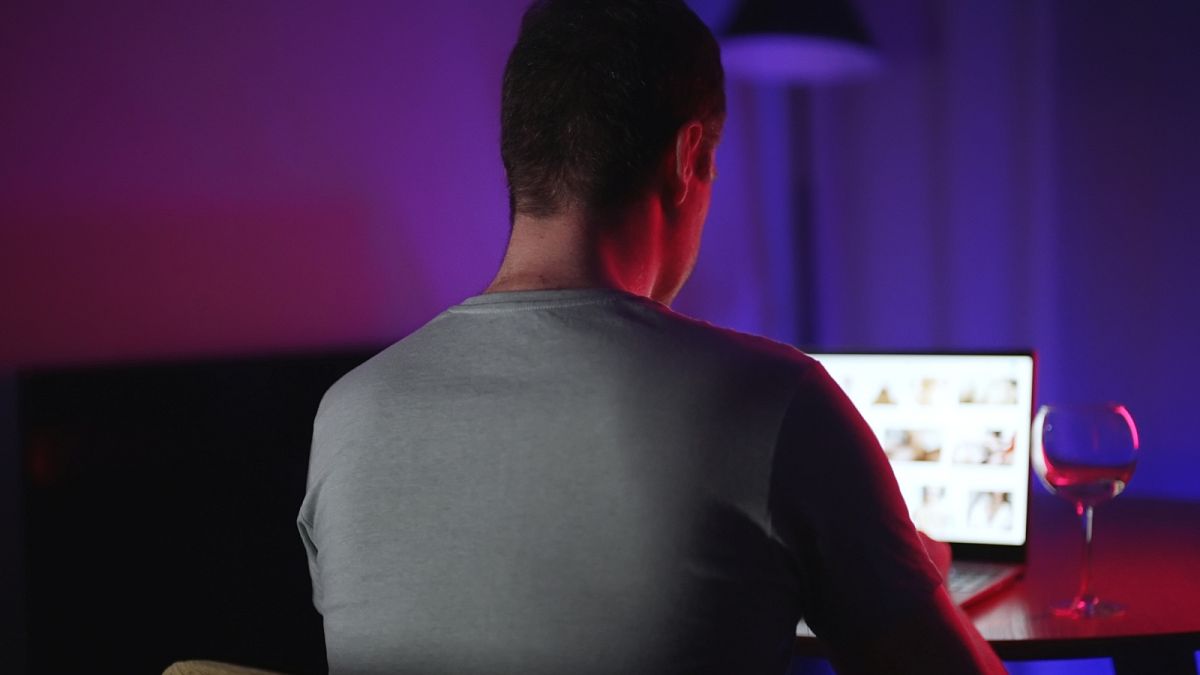The amendment to the country’s Criminal Justice Bill will make adults who create deepfake porn “face the consequences of their actions”.
Making deepfake pornography could soon be outlawed in the United Kingdom in what authorities say could be the first measure of its kind in the world.
Lawmakers are introducing an amendment to the country’s Criminal Justice Bill that will force adults who make deepfake porn to "face the consequences of their actions," according to a release from the UK's Ministry of Justice.
Deepfakes are fake but highly realistic videos, audio or image put together by generative artificial intelligence (GenAI).
If the amendment is passed, creators of deepfake porn could face an "unlimited fine" and possible jail time if the image is widely circulated.
Laura Farris, the UK’s minister for victims and safeguarding, called the creation of sexual deepfakes “despicable” and completely "irresponsible".
"This new offence sends a crystal clear message that making this material is immoral, often misogynistic, and a crime," Farris said in a statement.
The Criminal Justice Bill is currently passing through the UK's House of Commons and is not yet law.
Euronews Next asked the UK government to clarify the value of their "unlimited fines" as well as how much jail time an individual could receive for the creation or distribution of sexually explicit deepfakes but did not receive a reply.
Violence against women a 'national threat'
Farris told British broadcaster ITV this week that "to the best of (her) knowledge," the four countries within the UK would be the first anywhere in the world to make the creation of sexually explicit deepfakes illegal.
If passed, the Criminal Justice Bill would put in place a range of new criminal offences to fight against gender based violence in the UK, including: "intentionally tak[ing] or record[ing] an intimate image or film without consent or a reasonable belief in consent," with intent to cause harm, distress or for the purpose of sexual gratification.
The new bill also suggests longer sentences for perpetrators who kill their partners with sexual violence or at the end of a relationship.
The British government has already gone a step further to “reclassify” violence against women and girls, including online, as a “national threat,” with the implication that police have to prioritise responding to it at the same level as other threats, like terrorism.
The UK already has in place a law against cyberflashing, the act of sending unwanted pictures to people online.
Last month, Nicholas Hawke, 39, was the first person sentenced in the UK under that law for sending sexually explicit pictures to a 15-year-old girl. He received a year in prison for the offence.
Laws to be debated in EU, US
The US and countries in the European Union could be next to put in place this sort of legislation.
The European Commission introduced a directive in March to criminalise non-consensual sharing of intimate images online, including AI deepfake porn, and broader gender-based online harassment.
If passed, it means all the EU’s members will have to come up with their own domestic laws that fall in line with the guidelines set out.
In the US, Senator Richard Durbin introduced the Disrupt Explicit Forged Images and Non-Consensual Edits Act (DEFIANCE) in January.
If passed, the act would prevent nonconsensual deepfake pornography by creating "a federal civil remedy" for victims that can be identified in digital forgeries.
It has yet to go through a reading in the Senate.
Nonconsensual deepfake porn is also banned in 10 US states, including Georgia, Hawaii, Texas and Virginia, according to the Associated Press.



